Motability Operations has issued a warning that the UK’s transition to electric vehicles (EVs) risks leaving millions behind due to accessibility concerns with the public charging network, particularly for disabled drivers.
The announcement follows the launch of the company’s new EV Transition Tracker, which highlights the scale of public hesitancy and the barriers facing disabled motorists.
According to the Tracker, 45% of UK drivers say they will not switch to an EV until there is no other option.
This reluctance is even more pronounced among Motability Scheme customers, where nearly two-thirds (65%) share the same view.
Among those unsure about going electric, one in three (33%) say better access to public charging could change their mind.
The public charging infrastructure continues to present serious obstacles, with the Government recently announcing that is has scrapped a £950m rapid charger investment plan.
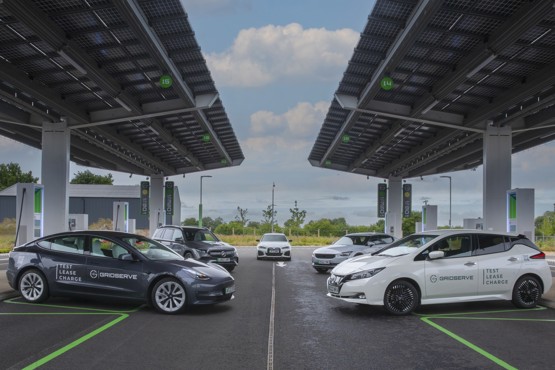
Among the general population unwilling to make the switch, nearly half (45%) cite limited charging options in their local area or on regular journeys.
A further 46% say they cannot charge an EV at home. These concerns are only compounded by persistent worries around EV range and upfront costs, both mentioned by 55% of respondents.
For disabled drivers, the problems go much further.
Motability Scheme data highlights the struggles many face with the current network.
Some 44% say they have difficulty locating nearby charging stations, while 60% report charge points are frequently in use or unavailable when needed.
A recent test programme, involving over 1,000 disabled participants from the scheme, resulted in 6,800 reviews of public chargepoints.
Widespread problems with reliability and usability
Issues flagged include narrow bays, heavy cables that are hard to handle, unclear instructions and facilities located too far from parking areas.
Motability Operations chief executive Andrew Miller added that the current pace of EV development poses a major risk for disabled motorists.
“The shift to EVs must not create a two-tier system,” he said. “Our data shows that inaccessible public infrastructure is holding back thousands from switching.
"Without urgent action, we are heading toward a cliff-edge transition.”
The organisation is calling for accessibility to be prioritised in the design and roll-out of public chargepoints. It wants faster deployment of accessible infrastructure and stronger regulations to support inclusion.
The Government has set out £400m in funding over the next five years to help tackle the UK's charging infrastructure shortcomings.
Nigel Fletcher, chief executive of the Motability Foundation, said the charity has long raised concerns about charging access for disabled people.
He pointed to the BSI PAS 1899 standard, co-sponsored by the foundation, as a solution. Published in 2022, it sets out clear requirements for making public charging more accessible.
Fletcher said a review of the standard has recently concluded and an updated version is expected early next year.
He reiterated calls for it to be made mandatory by law and urged chargepoint providers to take greater responsibility for accessible design.

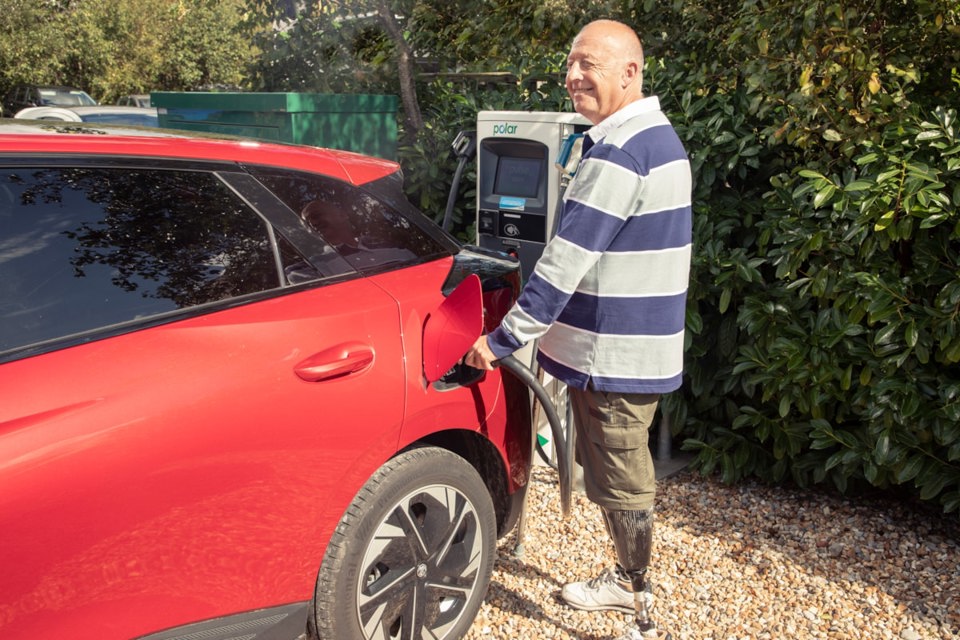


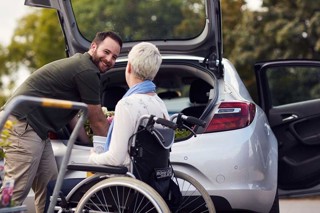
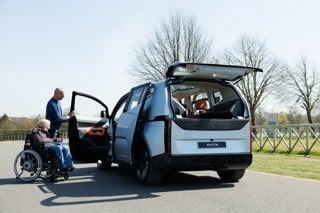

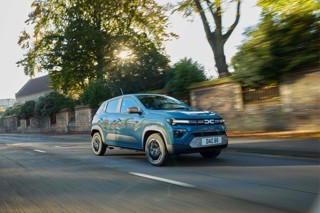













Login to comment
Comments
No comments have been made yet.